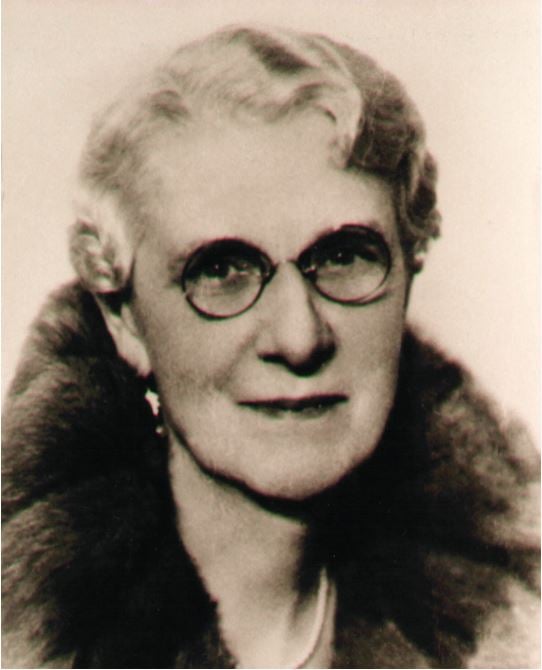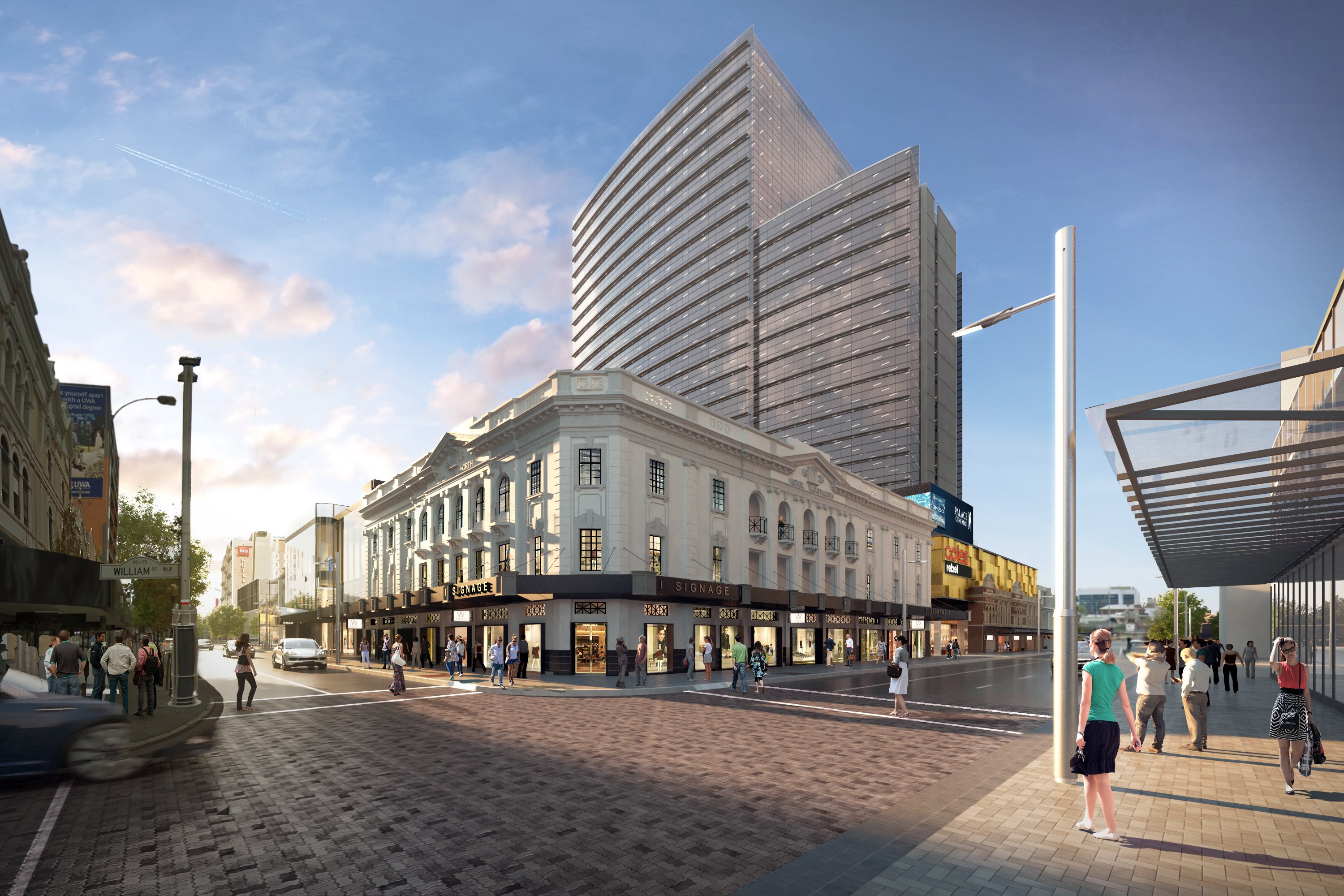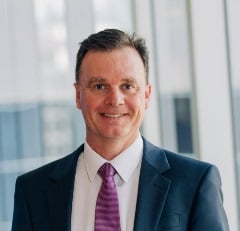Bankwest Place and Raine Square
300 Murray Street, Perth WA
We welcome you to our asset on Whadjuk land. This asset is a major commercial and retail complex, located in Perth’s Central Business District. The landmark 1.23 hectare site occupies the majority of the city block bounded by Murray, William, Wellington and Queen Streets.
Bankwest Place is a prime office building, constructed over 22 upper floors, providing over 43,500sqm of NLA. It is fully leased to Bankwest (a division of Commonwealth Bank of Australia). The 2 lower basement levels provide approximately 375 public and tenant car bays.
Raine Square is a 3 level retail complex positioned below Bankwest Place, accessed via Murray, William and Wellington Streets, plus a pedestrian tunnel access from the William Street rail station. Raine Square has been comprehensively redeveloped during 2018/2019. It provides some 28 specialty tenancies, focused on F&B and entertainment and is anchored by a Coles Supermarket, a new 13 screen Palace cinema complex and a Rebel Sports store.
The exciting International Fashion Precinct, comprises a stunning new “Glass Box” building, fronting Murray Street, linked into the tastefully refurbished, heritage Wentworth buildings. The Glass Box is the new home for the iconic International brand Louis Vuitton. A number of prestige retailers have joined Louis Vuitton, confirming Raine Square as the new home of International Fashion and Apparel. The upper levels are anchored by international Co Working brand Regis, who have leased approximately 3,000sqm for their “Spaces” brand.
The heritage Royal Hotel on the corner of William and Wellington Streets has been recently renovated, serving as the CBD's premier, modern Hotel/Tavern facility.
Additional buildings include the Bankwest retail Superstore at 306 Murray Street and a character 3 level building at 10 Queen Street.
Note: Charter Hall pays our respects to the Traditional Owners of Country and note that reference to the traditional land(s) is based on current Land Title knowledge which can be contested and reviewed at any time.About
Bankwest Place and Raine Square are a major commercial and retail complex, located in Perth’s Central Business District.
We welcome you to our asset on Whadjuk land. This 1.23 hectare asset occupies the majority of the city block bounded by Murray, William, Wellington and Queen Streets.
Bankwest Place is a prime office building, constructed over 22 upper floors, providing over 43,500sqm of NLA. It is fully leased to Bankwest (a division of Commonwealth Bank of Australia). The 2 lower basement levels provide approximately 375 public and tenant car bays.
Raine Square is a 3 level retail complex positioned below Bankwest Place, accessed via Murray, William and Wellington Streets, plus a pedestrian tunnel access from the William Street rail station. Raine Square has been comprehensively redeveloped during 2018/2019. It provides some 28 specialty tenancies, focused on F&B and entertainment and is anchored by a Coles Supermarket, a new 13 screen Palace cinema complex and a Rebel Sports store.
The exciting International Fashion Precinct, comprises a stunning new “Glass Box” building, fronting Murray Street, linked into the tastefully refurbished, heritage Wentworth buildings. The Glass Box forms the new home for the iconic International brand Louis Vuitton. A number of prestige retailers will join Louis Vuitton, confirming Raine Square as the new home of International Fashion and Apparel. The upper levels are anchored by international Co Working brand Regis, who have leased approximately 3,000sqm for their “Spaces” brand.
The heritage Royal Hotel on the corner of William and Wellington Streets has been recently refurbished, serving as the CBD's premier, modern Hotel/Tavern facility.
Additional buildings include the Bankwest retail Superstore at 306 Murray Street and a character 3 level building at 10 Queen Street.
Note: Charter Hall pays our respects to the Traditional Owners of Country and note that reference to the traditional land(s) is based on current Land Title knowledge which can be contested and reviewed at any time.
Building information
| Year Built | 2011 (refurbished 2023) | |
| Office grade | A | |
| Total NLA | 44,191sqm | |
| Typical Floor Plan | 1740-2220sqm | |
| Car Spaces | 340 | |
| Weighted Average Lease Expiry (WALE) | 6.0 | |
| Occupancy | 100% | |
| Major tenants | Palace Cinemas, Coles, Bankwest, Rebel | |
| Fund Ownership | 49.9% CPOF, 50.1% BSWF | |
Amenities
Heritage is a big part of Raine Square, bound by three heritage buildings the site has been designed to pay homage, honour and celebrate some of the most significant and spectacular original architecture in Perth’s CBD.
The Wentworth
Located on the corner of Murray and William Street, the hotel was originally known as Gordon's Hotel.
Rebuilt in 1927/28 by Mary Raine it was renamed the Wentworth.
The building is currently being reinstated as part of the Raine Square Stage 2 – Fashion Precinct.
The Royal Hotel
Built in 1882, the Royal Hotel is located on the corner of Wellington & William Streets.
A major upgrade of the hotel’s facade occurred in 1906. Despite extensive changes around it, the building has remained & has been restored to its former glory as part of the current Raine Square redevelopment works.
The hotel will be a 'modern & artistic take on historic bones' with a unique style that is sophisticated yet fun.
Under development by John Parker, the man behind The Standard in Northbridge & Halford Bar in the State Buildings, the new 800 capacity venue will include a restaurant & saloon bar, two bars & event space & a large north facing veranda with views to Yagan Square.
The Royal Hotel is set to open in late 2019.
The Glyde Chambers
Built in 1900, Glyde Chambers is located next to The Royal Hotel on Wellington Street in Perth CBD.
It was built on land that had originally been owned by George Glyde who had arrived in the Colony in 1830. He was a highly successful merchant who established the firm of Glyde and Sons.
The restoration of this building is a part of current redevelopment.
Our Founder - Mary Raine
Raine Square and the Raine Medical Research Foundation were founded by publican and business icon, Mary Raine.
Mary Raine was an astute entrepreneur and philanthropist who shaped the CBD in the 1920s.
She owned many hotels including the Royal Hotel and Wentworth Hotel both located on the Raine Square site.
After Mary’s husband passed away from cerebral haemorrhage in 1957 she made a generous donation to University of Western Australia to research a cure to what lead to his death.
This was the genesis of Raine Medical Research Foundation, to which Mary left the bulk of her vast fortune to support medical research.
The Foundation has supported numerous major research projects, funded two centres of Excellence, established scholars, fellowships and scholarships, sponsored the visits of international research at the undergraduate level.
The Raine Medical Research Foundation represents the largest recent bequest to the University of Western Australia. It is the leading provider of non-government funds for medical research council (NHMRC).

Supporting the community we live in is vitally important to us.
Through our local partnership with the Raine Medical Research Foundation we are fortunate enough to support a range of initiatives that a make a difference to the community. Some of these include:
The Charter Hall Visiting Postdoctoral Scholar Award program that facilitates the visit of high-achieving postdoctoral research scientists who are in the early stages of their career.
Visiting scientists bring many benefits to the WA scientific community including advances in health and medicine, cross-fertilisation of skills and ideas, networking and collaboration, as well as important reciprocal exchange programs. Visiting scientists also make a significant contribution to the teaching and research programs in their specialist field of medical research.
Dr Emanuela Zannin has been awarded the first Charter Hall Postdoctoral Scholar Award for 2018 and will be visiting Perth in October this year. Dr Zannin is a biomedical engineer that looks at ways of improving biomedical technologies that help pre-term babies that are often born with respiratory problems.
Further details can be found on the Raine Foundation website.

Charter Hall’s fundraising project during the development is supporting medical research to treat children with Neurodevelopmental Disorders, such as ADHD, learning difficulties, autism and range of communication and motor disorders.
The study is led by Professor Stephen Houghton, Director of the Centre for Child and Adolescent related disorders, with his team at the University of Western Australia.
The research concentrates on identifying different scenarios and groups of kids with neurological disorders that deal with loneliness throughout metro and rural Western Australia. The research will through the development of an app, to help improve the lives of children living with Neurodevelopment disorders via a 3-D animated-interactive self-paced programme.
Click here to make a donation or learn more about this valuable research.

News & Announcements
Stay up to date with Bankwest Place and Raine Square news
Contact

Miles Rowe
Regional Portfolio Manager - WA & SA

Mike Barrington
General Manager - Raine Square Retail Centre
.tmb-news.jpg?Culture=en&sfvrsn=805562b2_1)
.tmb-news.jpg?Culture=en&sfvrsn=fcce9a92_1)
.tmb-news.jpg?Culture=en&sfvrsn=84a2f709_1)
.tmb-news.jpg?Culture=en&sfvrsn=646029f8_1)